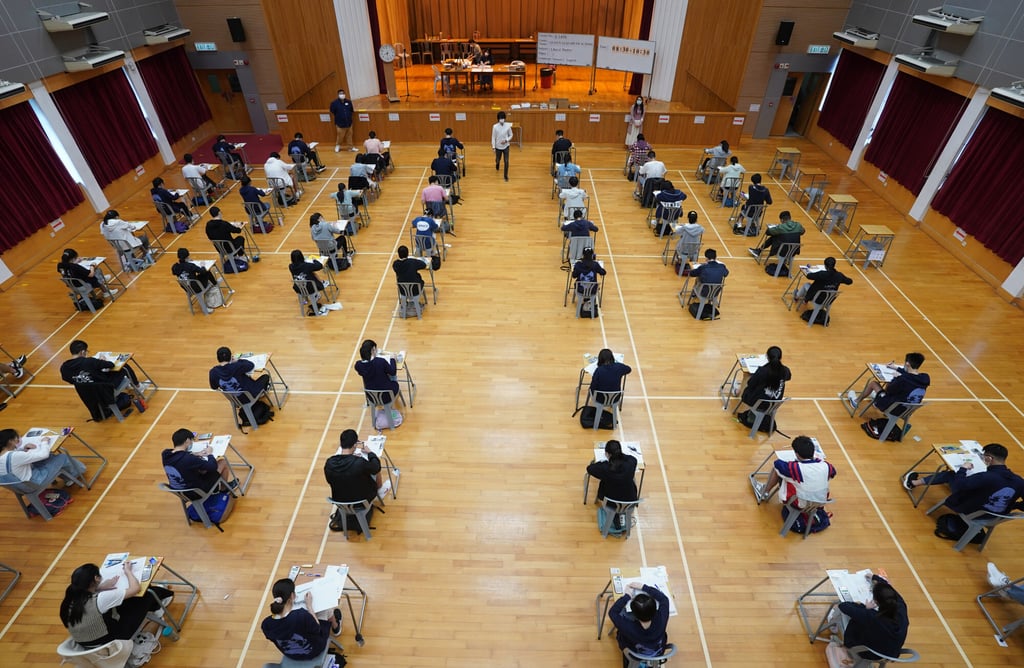More than 40 per cent of Hong Kong secondary school graduates express ‘keen interest’ or ‘willingness’ to study at universities in mainland China, survey finds
- According to survey by student counselling group, 70 per cent of students interested in studying on mainland also considering universities in Greater Bay Area
- The online poll by Hok Yau Club surveyed 2,128 Form Six students from 37 schools in January

For respondents who were not interested, the three top reasons were “differences in political and social environment”, “cultural differences” and “the study environment”.
Hok Yau Club urged the government to step up its messaging about opportunities for young people in the Greater Bay Area and to also cooperate more closely with mainland authorities to launch additional exchange programmes for Hong Kong students to enhance their understanding of the region.
The group queried 2,128 Form Six pupils from 37 schools in January on whether they were interested in advancing their studies on the mainland. Respondents were asked to provide a score on a scale of zero to 10, with 10 being the keenest, to indicate their interest in studying on the mainland.

Some 56 per cent, or 1,192, of students gave a score of zero, meaning they had no interest in the idea. According to the group, further analysis found these students had a relatively weak connection and understanding of the region. Some 38 per cent had never visited the mainland and only 11 per cent said their schools had held sessions on academic opportunities across the border.